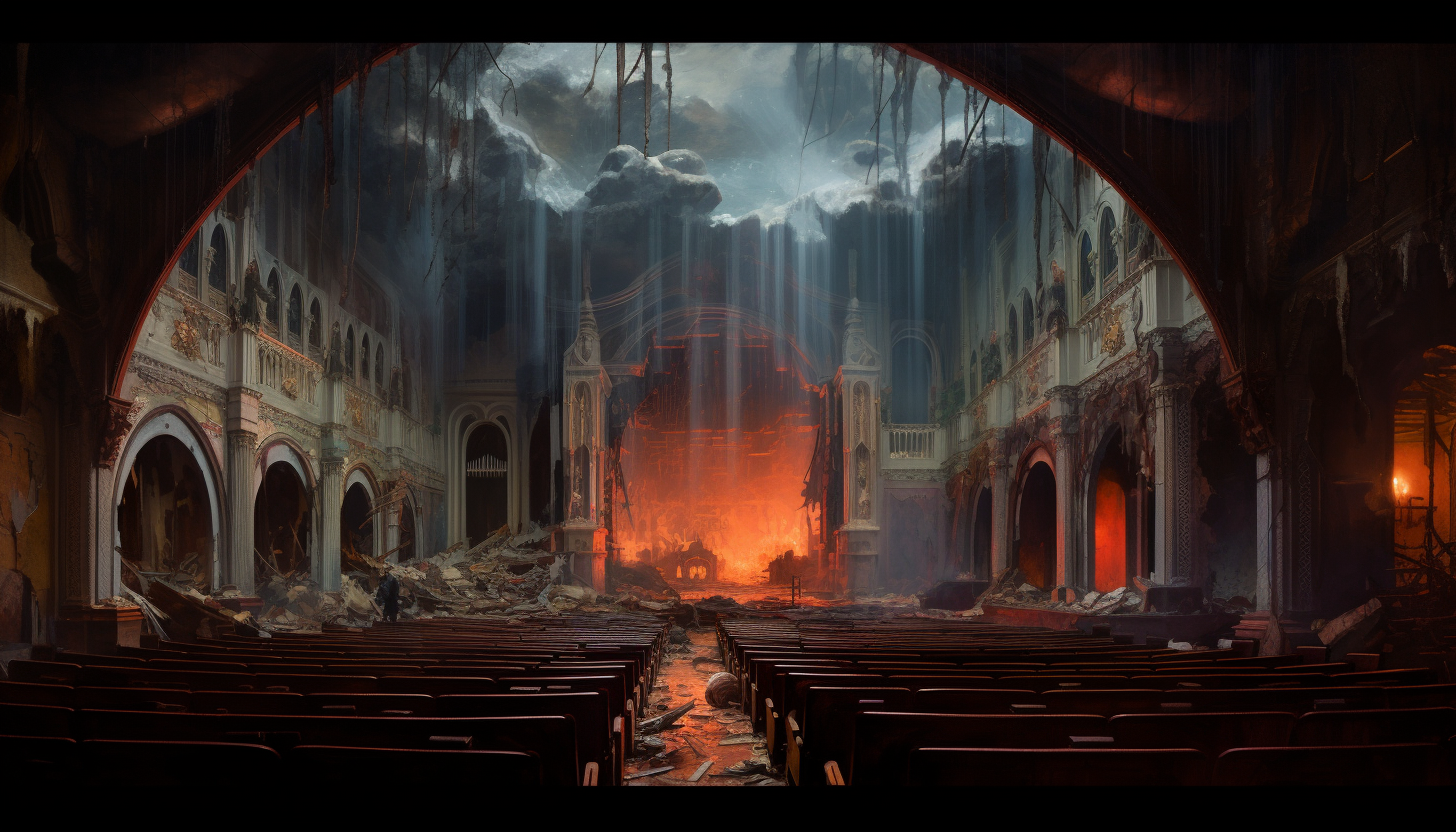“A Town Called Mercy” (07.03, 2012)
Written by Toby Whithouse (Past Episodes: “School Reunion,” “The Vampires of Venice,” “The God Complex”)
Directed by Saul Metzstein (Past Episodes: “Dinosaurs on a Spaceship”)
Toby Whithouse has been one of the stronger writers on the series, showcasing a remarkable ability to design fascinating monsters and a strong grasp of Doctor Who history. It’s therefore not a surprise that his episode is the first to really work in this season, and it works in large part because of a great, if predictable, villain.
The episode opens by introducing us to a very Terminator-looking creature who is shortly named “the Gunslinger,” who is hunting “the doctor.” The Doctor and the Ponds arrive outside a small old west town called Mercy that features a “Keep Out” sign outside the city, and unsurprisingly discover that “the doctor” is someone in town, not the Doctor himself. In what follows, we get something of a genre exercise, putting the Doctor in an American western, a fun idea to be sure. Whithouse doesn’t offer an in-depth understanding of the American western, but Metzstein shows some understanding of the visual tropes of the genre, which helps the episode along in a way that Doctor Who is rarely helped visually.
However, while the plot is rather unsurprising in its unfolding, it does explore issues deep within the Doctor’s psyche and explore them rather well. The Doctor, the man who destroyed untold numbers of Daleks in the last great Time War and who destroyed his own people in The End of Time, is faced with another scientist who also turned to great atrocities during war—indeed, probably not even atrocities as great as those the Doctor himself committed. His immediate reaction is one of condemnation, but as he learns more about the situation, he is forced to confront his own past and the moral dilemma between allowing justice for this man’s victims and forgiveness for sins committed during dire situations.
Whithouse also cleverly arranges the situation so that the townsfolk are against the Doctor even as he changes his opinion, forcing the Doctor to consider his options carefully and articulate himself throughout. He also provides a smart touch in that Amy and Rory both immediately believe they have the right, firm conclusion, even though they have come to opposite conclusions. One constant of the series has been that humans, with their emotions and fears, are creatures of gut instinct and immediate action, often causing problems that the Doctor, with his deliberate rationality, can solve. Bringing that theme into relief without drawing too much direct attention to it was an excellent touch on Whithouse’s part.
There are still some problems with this episode: Karen Gillan’s performance is pretty weak, the bookend monologues are rather silly and completely unnecessary, and the alien’s final resolution to the problem actually results in a negation of all of the issues the Doctor has had to consider (though it could actually lead to something approaching an existential crisis for the Doctor, were he the sort to suffer such things), which is a bit jarring considering that is actually the point of the episode. However, the fun of the Doctor in the Old West and the beautiful complexities of the story, especially the way they are played out with some subtlety (there is no mention of the Time Lords or the Time War) combined with a just plain cool villain is enough to make up for it. For the first time in season seven, I’m happy.


Leave a comment